Kaspersky: "We have never been asked to whitelist malware"
A company blog has revealed neither government nor any other entity has asked it to stop detecting malware

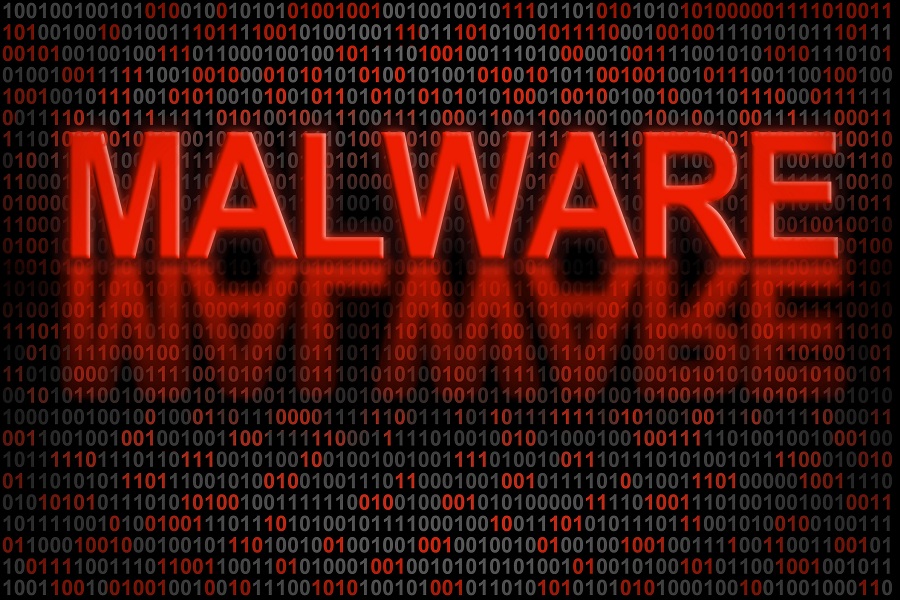
Sign up today and you will receive a free copy of our Future Focus 2025 report - the leading guidance on AI, cybersecurity and other IT challenges as per 700+ senior executives
You are now subscribed
Your newsletter sign-up was successful
Kaspersky's Global Research and Analysis Team has denied being asked by a company or government entity to whitelist or stop detecting malware.
The company decided to clear up some rumours about it caving in to external pressures when it explained how it came to uncover the Regin malware, saying the reason it took so long to detect was because finding out the impact and intricacies of malware is a complex, resource-heavy process and involves a lot of cooperation between different security firms.
"Without unlimited resources and the fact that we're tracking multiple APT actors simultaneously (Careto/Mask, EpicTurla, Darkhotel, Miniduke/Cosmicduke, to name a few), this becomes a process that takes months, even years, to gain a full understanding of a cyber-operation," Kaspersky said.
"While some of the Regin samples got on our radar early and we continued to find additional samples and artifacts during the research, we are convinced there are others that are currently unknown and undiscovered," the company said in a blog post.
Regin has been in operation since 2008, Symantec revealed last month and has already been implicated in attacks by governments against large companies, the majority of which are situated in in Russia, Saudia Arabia, Mexico and Ireland. It believes the attack mechanism could have been used by a Western country with sufficient development resources.
"At Kaspersky Lab, we are processing hundreds of thousands of samples every day," Kaspersky said.
"The art of figuring out which ones are significant and further yet which ones belong together as part of a big APT attack is akin to finding needles in a huge haystack and then figuring out which ones belong to the same knitting set. We are grateful for every needle we discover, because this makes the world a little safer."
Sign up today and you will receive a free copy of our Future Focus 2025 report - the leading guidance on AI, cybersecurity and other IT challenges as per 700+ senior executives

Clare is the founder of Blue Cactus Digital, a digital marketing company that helps ethical and sustainability-focused businesses grow their customer base.
Prior to becoming a marketer, Clare was a journalist, working at a range of mobile device-focused outlets including Know Your Mobile before moving into freelance life.
As a freelance writer, she drew on her expertise in mobility to write features and guides for ITPro, as well as regularly writing news stories on a wide range of topics.
-
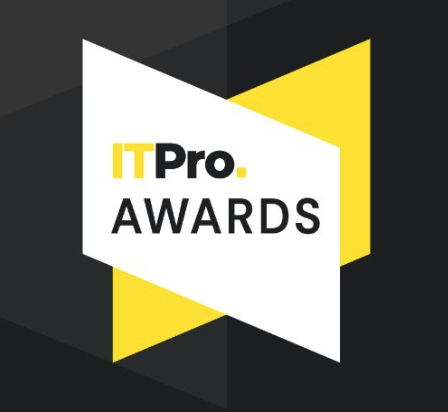 ITPro Excellence Awards winners unveiled
ITPro Excellence Awards winners unveiledIt's time to celebrate excellence in IT. Read on for the full list of winners...
-
 This new mobile compromise toolkit enables spyware, surveillance, and data theft
This new mobile compromise toolkit enables spyware, surveillance, and data theftNews The professional package allows even unsophisticated attackers to take full control of devices
-
 Power stations under attack from long-running hacking campaign
Power stations under attack from long-running hacking campaignNews Dragonfly threat group is ramping up activities, say researchers
-
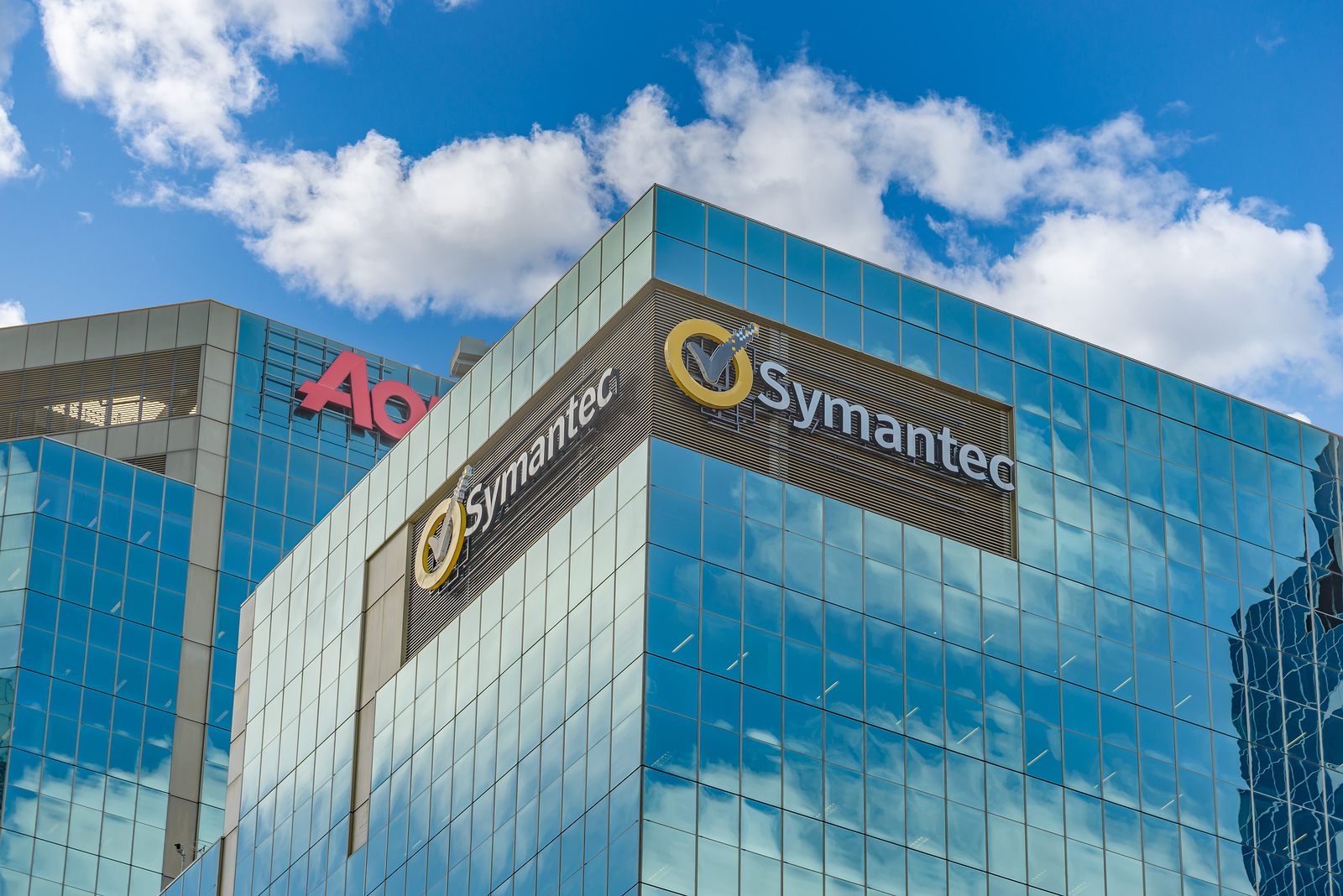 Symantec profits surge as firms prop up their cyber defences
Symantec profits surge as firms prop up their cyber defencesNews The company also announced plans to sell its web certificate business
-
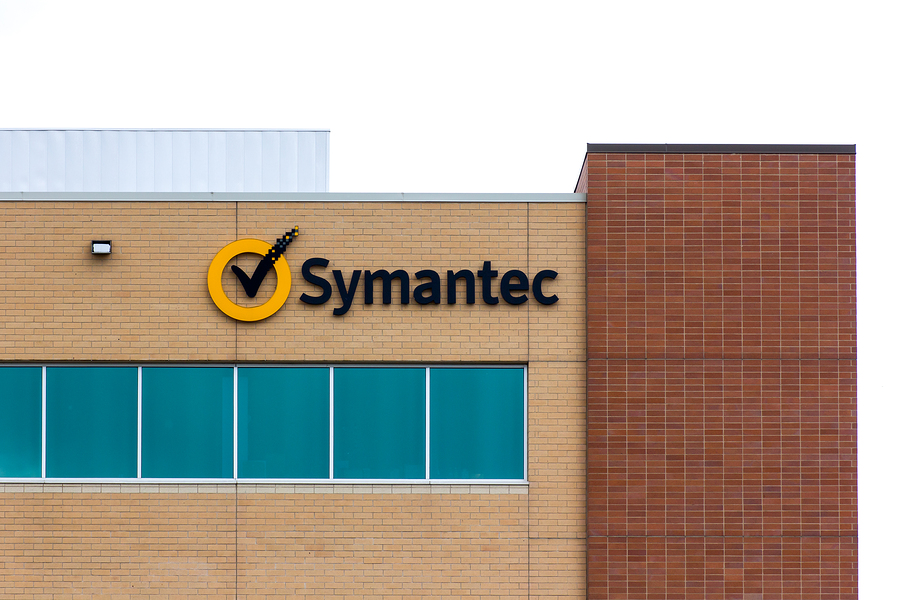 Symantec to pay $4.65 billion to acquire Blue Coat
Symantec to pay $4.65 billion to acquire Blue CoatNews Greg Clark to become Symantec CEO, promising new cloud security
-
 Symantec ditches reseller guilty of scamming PC users
Symantec ditches reseller guilty of scamming PC usersNews Silurian told people they had malware, then sold them Norton Antivirus for $249
-
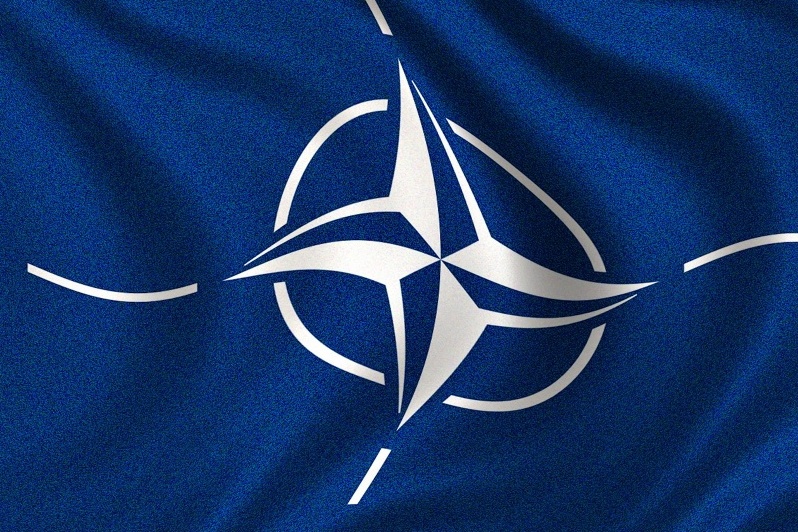 NATO builds up cyber alliance with Symantec tie-in
NATO builds up cyber alliance with Symantec tie-inNews Military industrial link up to fight cyber attacks
-
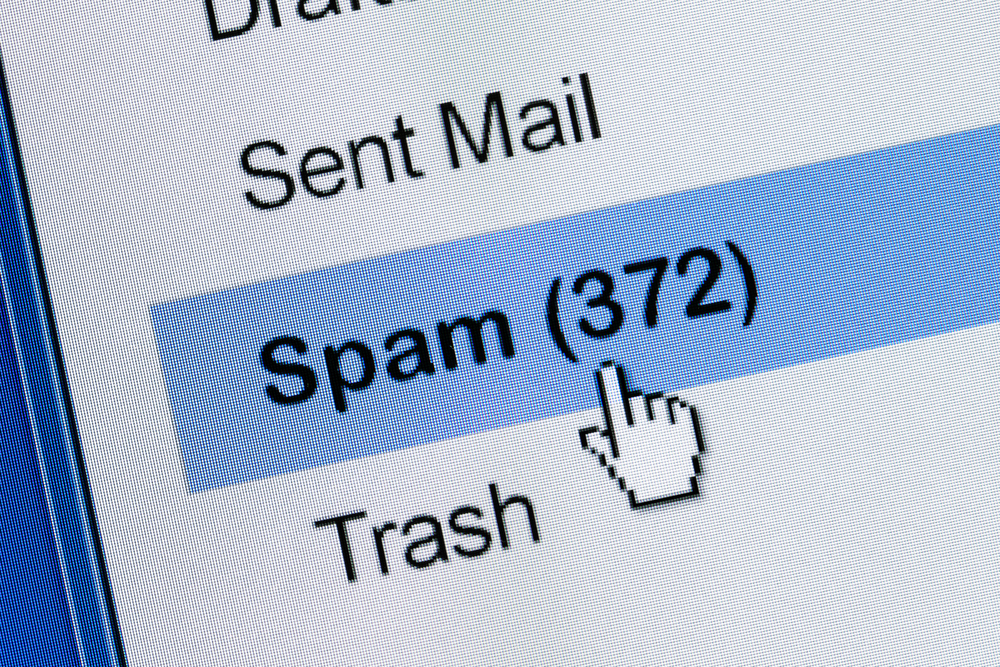 Junk emails fall to their lowest rate in 12 years
Junk emails fall to their lowest rate in 12 yearsNews Spam is dropping, says Symantec, but other malware threats are on the rise
-
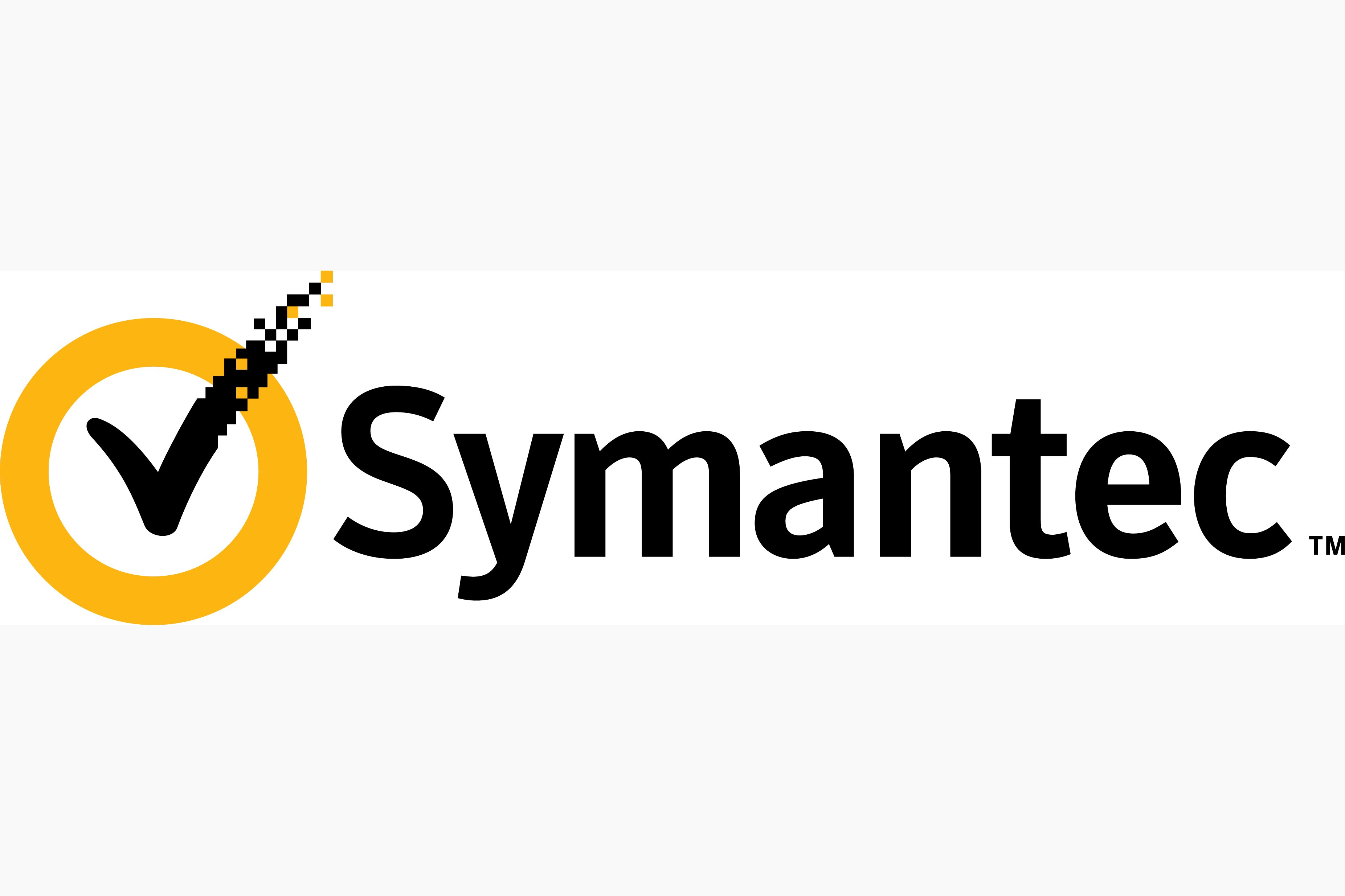 Symantec confirms split into separate security & storage entities
Symantec confirms split into separate security & storage entitiesNews Storage and security will be separated as Symantec tries to boost sales in both
-
 Symantec: “Anti-virus software is no moneymaker"
Symantec: “Anti-virus software is no moneymaker"News Norton designers claim anti-virus is ineffective in the modern security climate